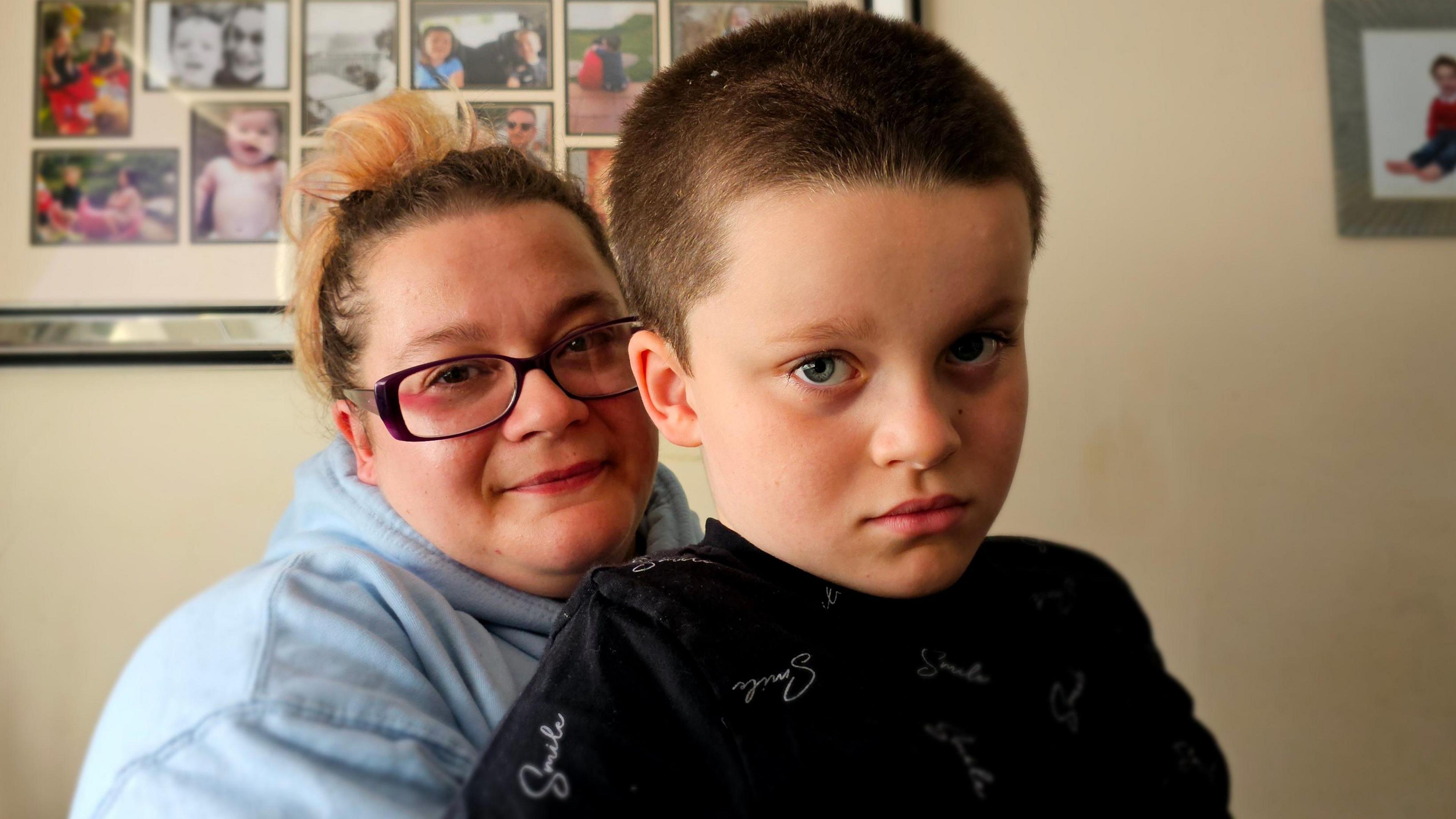Shock as council spends £890k defending SEND cases

Broadcaster and campaigner Carrie Grant has criticised Norfolk County Council over its SEND tribunals
- Published
A celebrity vocal coach and autism campaigner said she was "shocked" a council spent £890,000 defending legal cases involving children with special educational needs and disabilities (SEND).
The legal fees were incurred after parents challenged SEND decisions made by Norfolk County Council.
Carrie Grant, who has hosted programmes such as BBC's The One Show, said on social media, external the "attitude from Norfolk County Council is part of the challenge".
The authority said SEND demand had increased and it had invested £120m in new specialist provision, as well as developing 2,000 extra school spaces for children and young people.
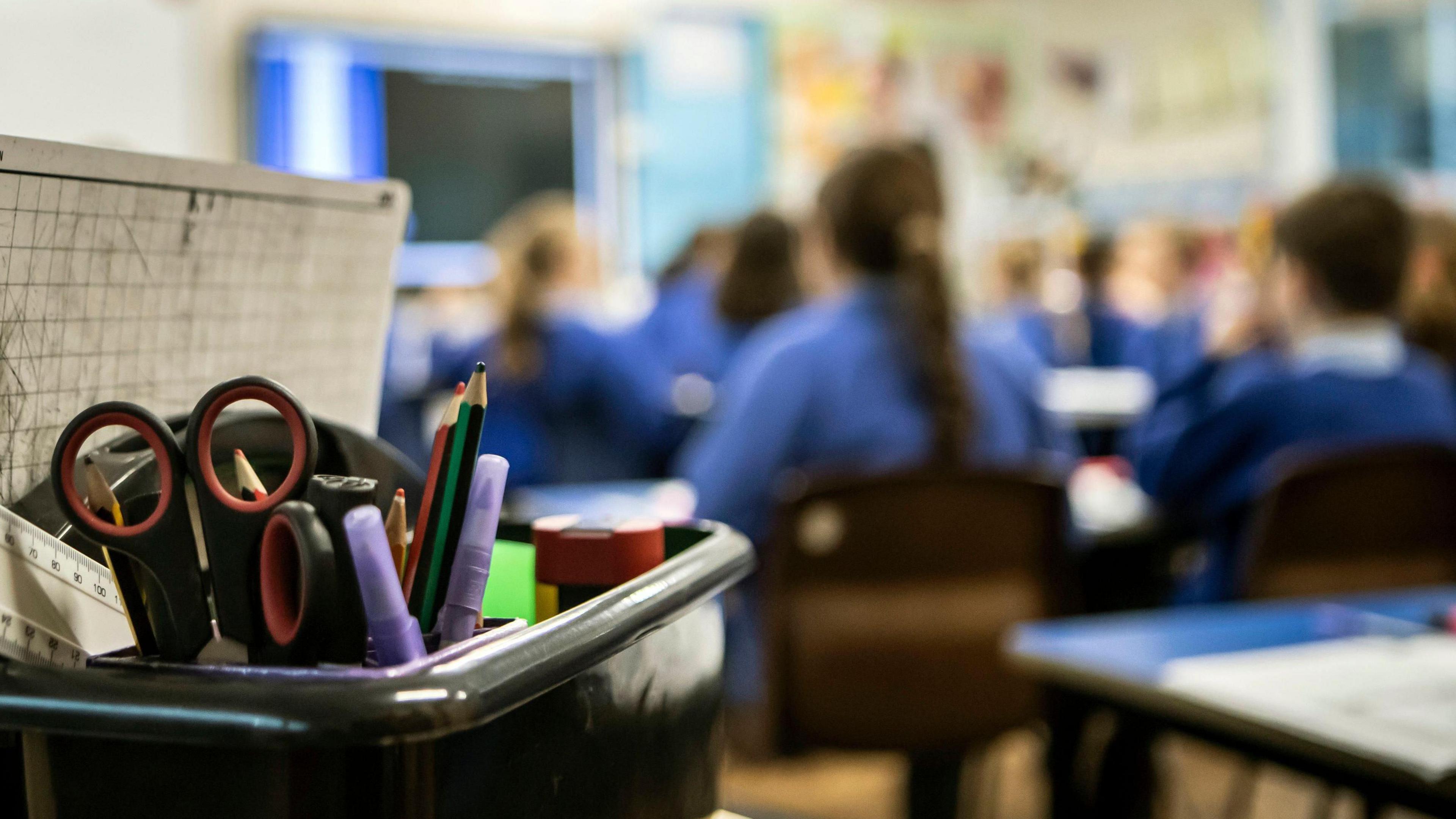
"The system is beyond broken," said Dr Grant
Dr Grant, who is a mother to four children with additional needs, runs a support group for 250 families with autism needs.
In her comment on X, she said: "117,100 children missing from school, growing up in bedrooms, no social life, no education & often no access to CAMHS [children, adolescent mental health services], parents becoming full-time carers.
"This attitude from Norfolk County Council is part of the challenge. Esp when 98% of tribunals are won by parents."
Speaking to the BBC, Dr Grant said: "We hear the same stories wherever people live in the country, with schools not having enough trained staff to support children with special education needs and a lack of specialist school places."
"The system is beyond broken."
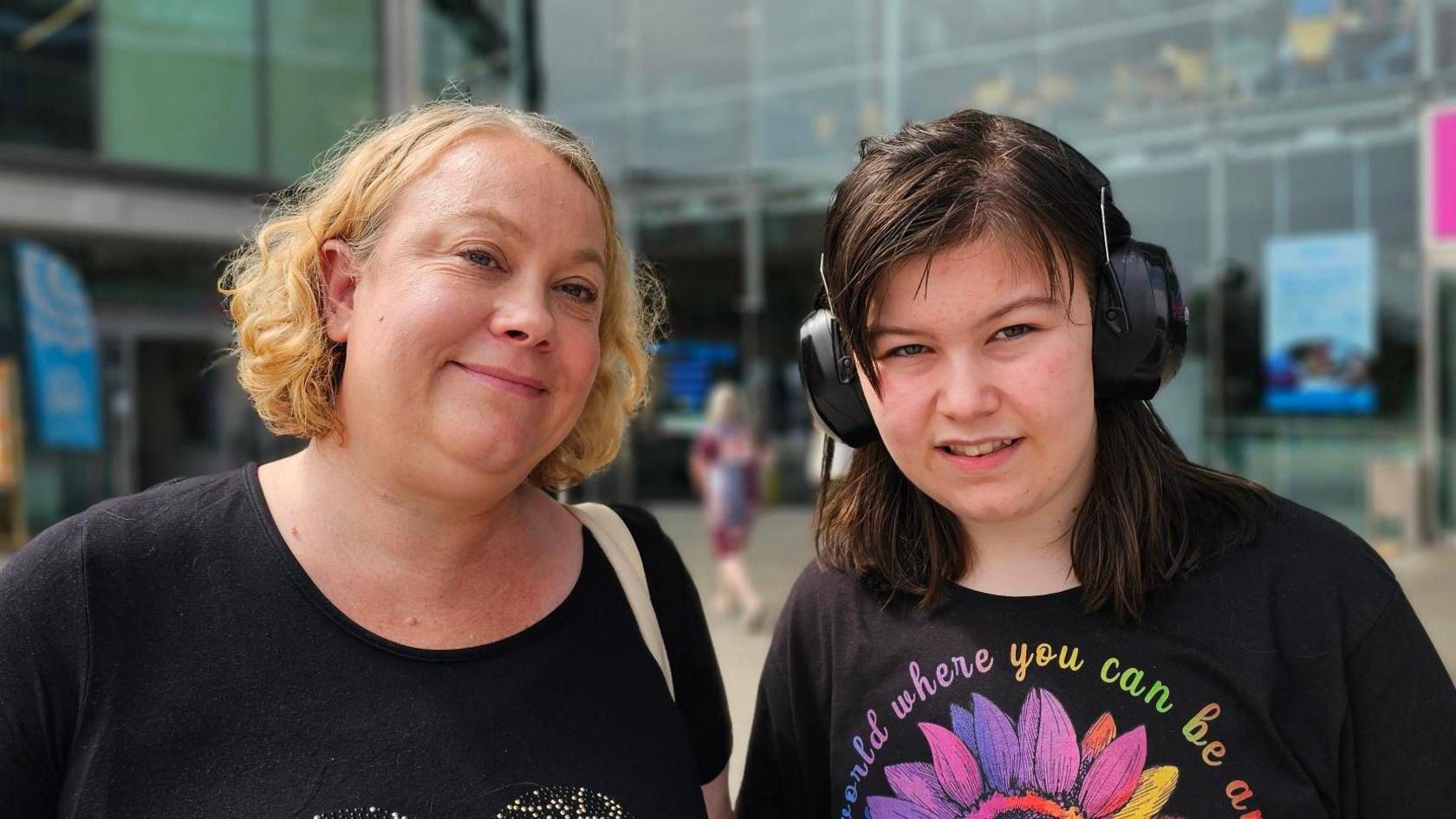
Victoria Trattles had to pursue a tribunal to get special educational provision for her daughter Maria
Victoria Trattles, from Norwich, went to a tribunal over Norfolk County Council's provision for her daughter Maria, who has autism and attention deficit hyperactive disorder (ADHD).
Maria,13, said she found school challenging.
"Sometimes when I go to school, I'm happy, but sometimes when I go home I feel a little let-down," she said.
"Sometimes when I'm at school I can't cope, sometimes I feel a bit panicky and lock myself in the toilets."
Ms Trattles said the process of trying to secure additional support and preparing for a tribunal had taken its toll on her own health.
The case was eventually settled before it reached the hearing stage.
"I was physically ill with it all. I went grey, because of the pressure," she said.
She described the whole experience as "almost like a game of chicken," as often cases are resolved just before they got heard.
"Are you prepared to go that distance, are you prepared to tolerate that paperwork, to go through those hoops to get the best for your child?"
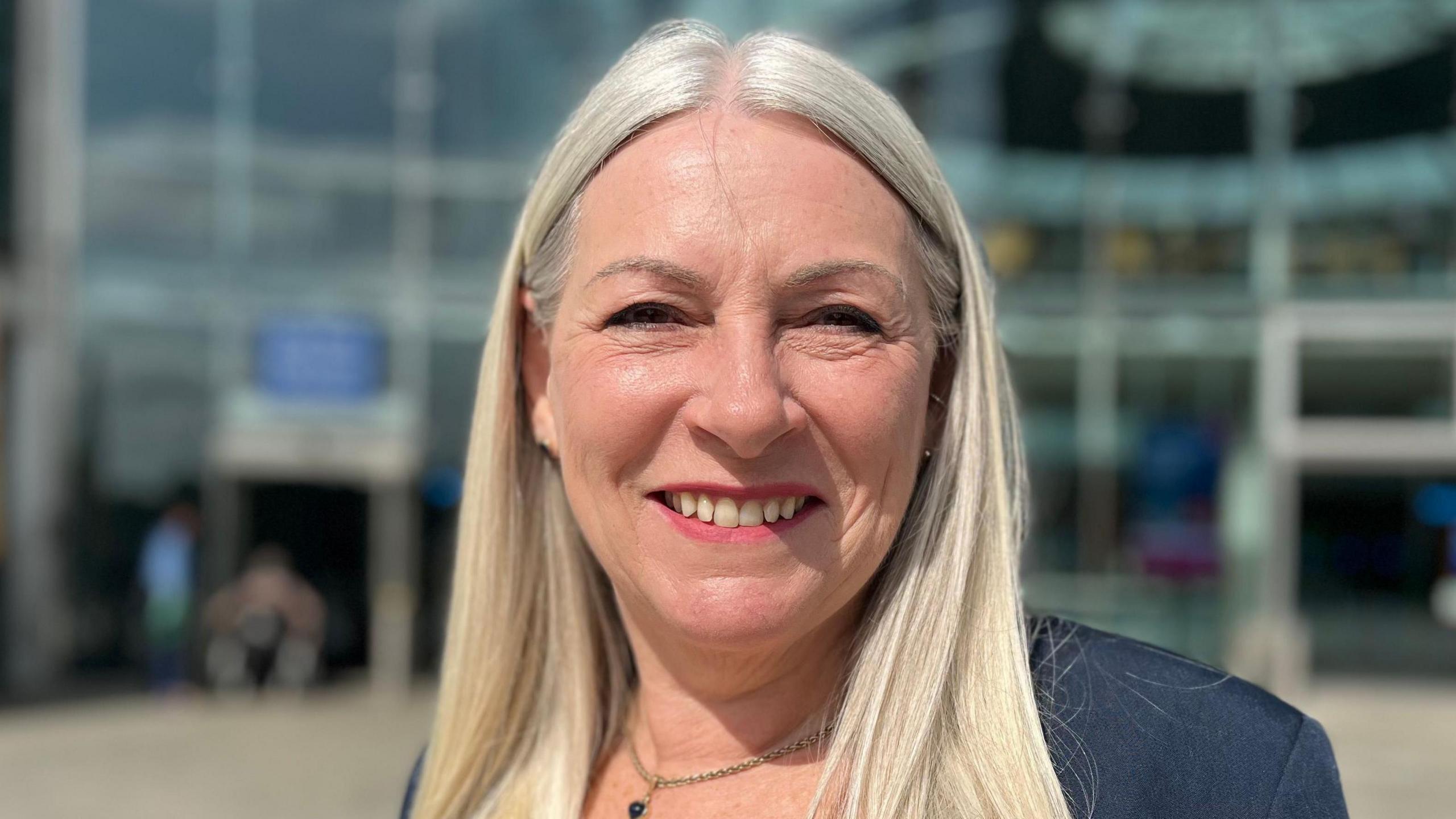
Kay Mason Billig said she would rather "children did not have an educational health and care plan"
In July, the leader of Norfolk County Council, Kay Mason Billig said the authority needed to defend its position on the allocation of educational health and care plans (EHCP) for children with special needs.
"We would rather children did not have an educational health and care plan (EHCP) and a lot of children don't need them," she said.
"But parents seem to view them as a way to get extra help. And if the extra help was there anyway, then they wouldn't need that."
But Ms Trattles profoundly disagreed with her and said getting an EHCP was no guarantee of extra support.
"To get an EHCP you have to jump though all these hoops," she said.
"And when you finally get one you have to navigate the whole education setting system."
'Take time to bear fruit'
In a statement, Penny Carpenter, the council's cabinet member for children’s services, said, a key part of its strategy was to support inclusion in mainstream schools, as "most children achieve better outcomes in their local schools".
"We are wrapping support around schools with our new school and community teams and are using the skills of our special schools to provide expertise to their mainstream colleagues," she said.
“This strategy will take time to bear fruit and, currently, our special schools are facing significant pressure.
"This can result in parents taking us to tribunal, which is not something we ever want."
The council said it was also continuing to pressure government for resources and funding.
Education Secretary Bridget Phillipson said the government was now taking "a different approach".
“We will restore parents’ trust that their child will get the support they need in mainstream school, if that is the right place for them.
"And that there will always be a place in special schools for children with the most complex needs."
Broadcaster Carrie Grant says the SEND system is ‘beyond broken’
Get in touch
Do you have a story suggestion for Norfolk?
Follow Norfolk news on BBC Sounds, Facebook, external, Instagram, external and X, external.
More related stories
- Published17 July 2024
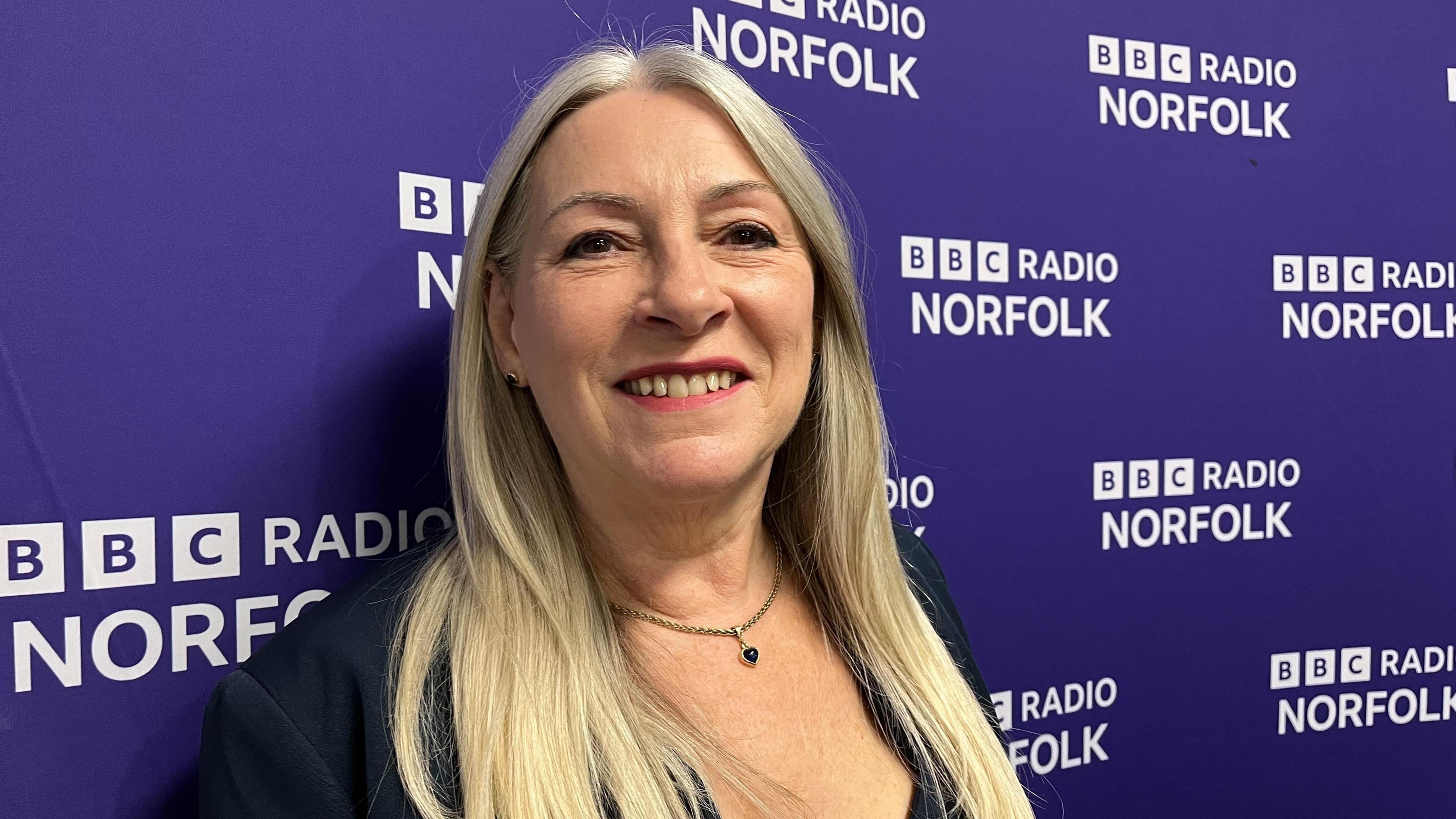
- Published27 June 2024

- Published18 June 2024
